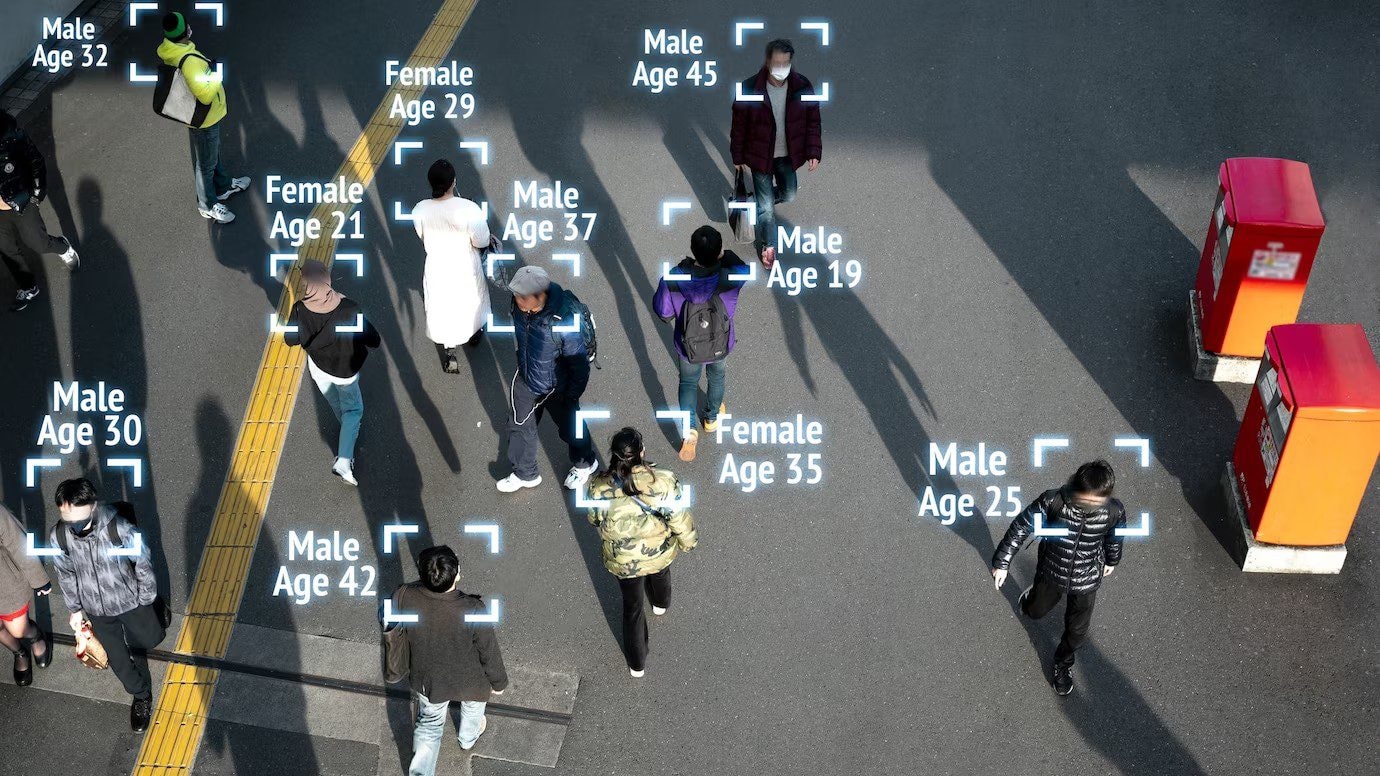AI News Bureau
France Tests AI Video Surveillance Ahead of Paris Olympics 2024
The AI-equipped cameras aim to notify surveillance operators of any suspicious or potentially dangerous activities.
Written by: CDO Magazine Bureau
Updated 2:42 PM UTC, March 12, 2024

Representative image by freepik.
France is reportedly experimenting with AI-driven video surveillance to be used during the Paris 2024 Olympics. The move comes following legislation passed in 2023 allowing AI video surveillance for a trial period during large-scale events.
The new tech will detect abnormal events or human behavior that could pose threats, such as terrorist attacks or other security risks.
Four companies, namely Videtics, Orange Business, ChapsVision, and Wintics have developed AI software that uses algorithms to analyze real-time video streams from existing surveillance systems.
These algorithms are trained to identify predefined “events” and abnormal behavior, triggering alerts for human evaluation and response. The law permits eight different flagged events during the Games, including crowd surges, heavy crowds, abandoned objects, weapon presence, a person on the ground, fire outbreaks, and traffic violations.
The AI-powered surveillance will be leveraged by national and local police, firefighters, and public transport security agents.
How does the AI surveillance system work?
The AI-equipped cameras aim to notify surveillance operators of any suspicious or potentially dangerous activities. It has undergone training to identify eight specific events, including traffic violations, individuals in restricted areas, crowd movements, abandoned packages, weapon presence or use, overcrowding, a person on the ground, and fires.
Upon detecting an incident, surveillance operators will assess whether to alert authorities and request police intervention. Notably, ministers have assured that, during the test phase, no arrests will be made based on images selected by the AI cameras.
The technology, developed by Wintics and successfully tested at a Depeche Mode concert, will be deployed in the Paris region and on public transport. Paris Police Chief Laurent Nunez deemed the trial “largely successful.”
Restrictions and concerns
Facial recognition remains restricted by law. While the current legal framework bans facial recognition in most cases, concerns persist among rights campaigners regarding potential mission creep.
Amnesty International France’s Katia Roux warned that AI-powered surveillance software could easily enable facial recognition, raising issues about technical and legal safeguards.
Despite the ban on facial recognition, there are worries that down the line, there may be unauthorized use. Matthias Houllier, Co-founder of Wintics, assured that the software’s algorithms are not designed for facial recognition and that personal identification methods are technically excluded.
“There’s no personal identification method in our algorithms,” he said.
Protecting privacy
To address privacy concerns, France’s Interior Ministry has established an evaluation committee comprising a high-ranking official from the top administrative court, the head of the privacy watchdog (CNIL), four lawmakers, and a mayor. This committee will oversee the trial period, ensuring the protection of civil liberties.


